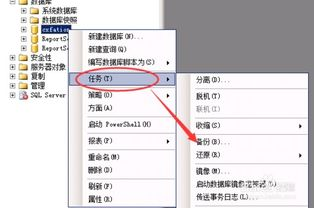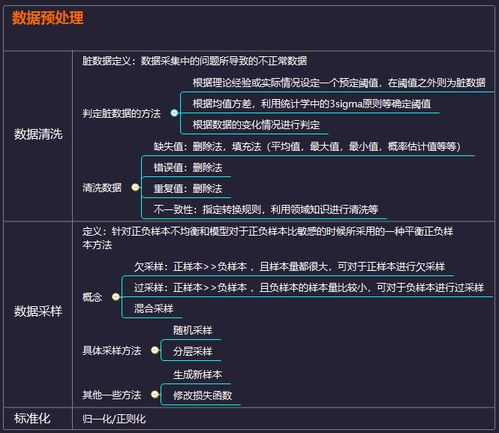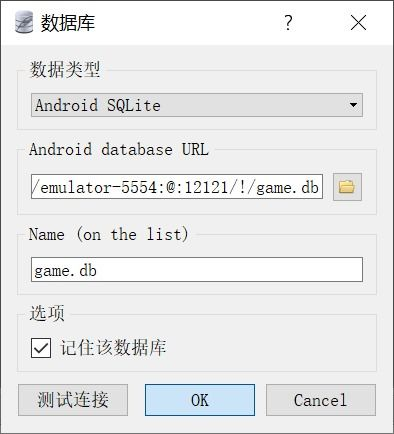Java Constructor Variables Explained: Understanding Parameters in Constructors
What Are Constructor Parameters?
In Java, a constructor is a special method invoked when an object is created. Constructor parameters are variables passed into a constructor when it is called. They allow for the initialization of an object's attributes at the moment of its creation, thereby enabling flexibility and customization in object instantiation.
For example, consider a simple class named Book with attributes such as title, author, and price. A constructor for this class can be defined as follows:
public class Book {
private String title;
private String author;
private double price;
public Book(String title, String author, double price) {
this.title = title;
this.author = author;
this.price = price;
}
}
In this example, title, author, and price are the parameters of the Book constructor. They serve as placeholders for the values that will be provided when creating a new instance of the Book class.
Importance of Constructor Parameters
Constructor parameters are critical in the object-oriented programming paradigm as they facilitate the customization of object attributes. This allows developers to create more flexible and reusable classes. When initializing an object, the programmer can pass in different values to the constructor, resulting in objects with varying states and behaviors.
For instance, using the Book example above, we can create different Book objects with unique titles, authors, and prices as shown below:
Book book1 = new Book("Effective Java", "Joshua Bloch", 45.00);
Book book2 = new Book("Clean Code", "Robert C. Martin", 50.00);
Each of these Book objects has been instantiated with distinctive properties, demonstrating how constructor parameters significantly enhance the object's identity.
Best Practices for Using Constructor Parameters
While using constructor parameters, there are certain best practices that developers should follow:
- Use meaningful parameter names: Names should clearly communicate the purpose of the variable, making the code more readable and maintainable.
- Avoid unnecessary parameters: Keep the number of parameters manageable. Too many can lead to confusion and increase the likelihood of errors during instantiation.
- Consider using method overloading: This approach allows different parameter sets for creating similar objects with various states, providing additional flexibility.
Following these practices will ensure that constructors are effectively implemented without compromising code quality.
In conclusion, constructor parameters play an essential role in the instantiation and initialization of objects in Java. They provide the necessary values to define an object's state right at the point of its creation. By understanding and applying this concept, developers can create dynamic and versatile applications that leverage the power of object-oriented design.





